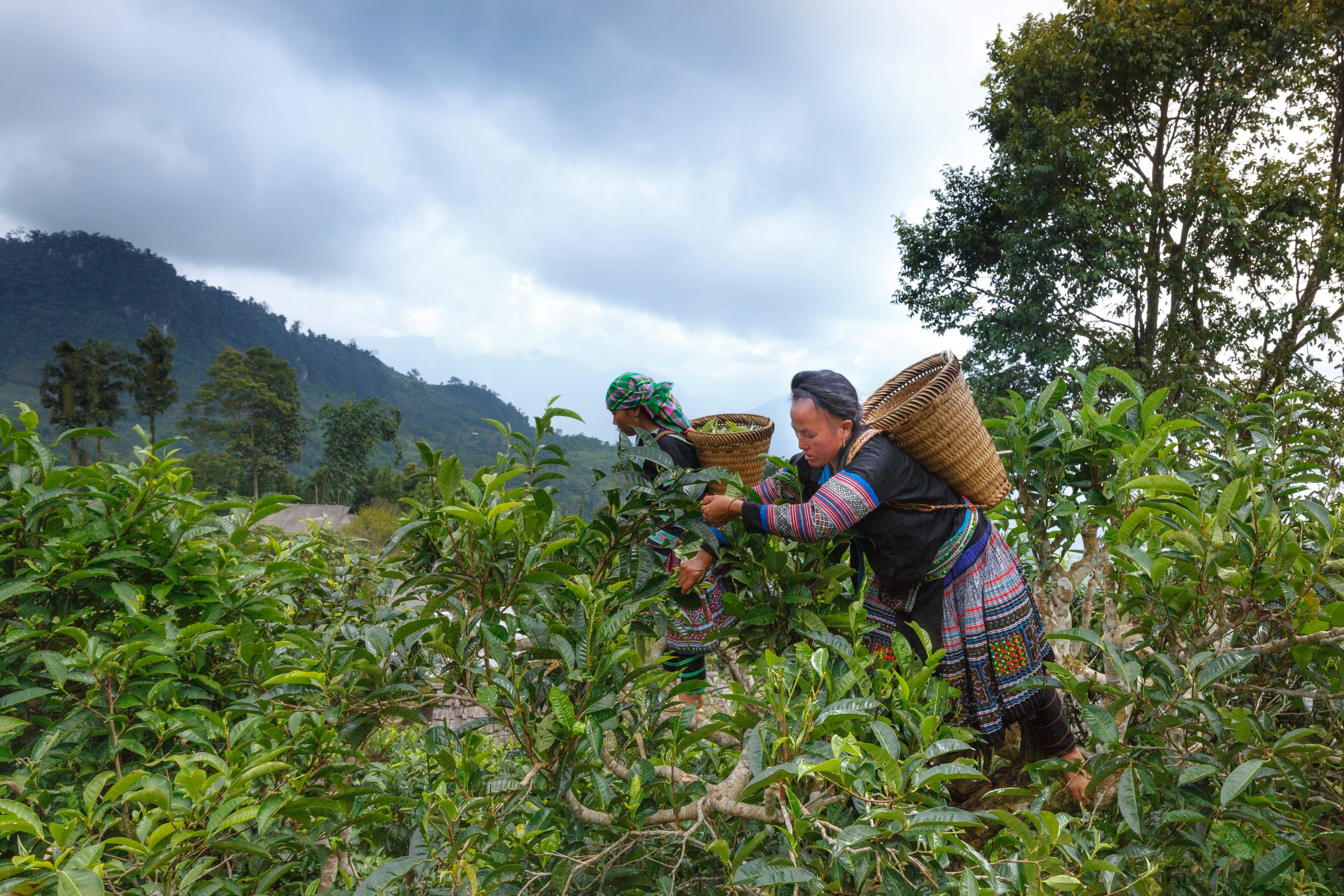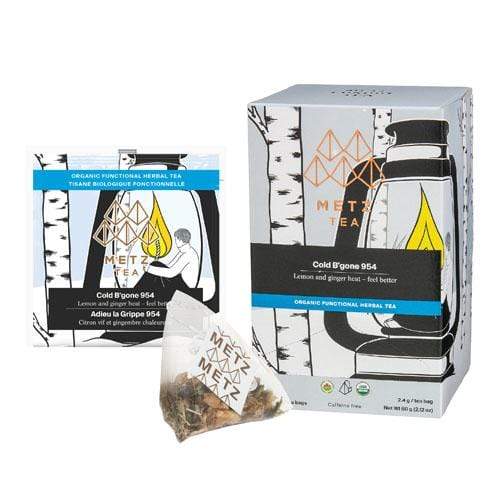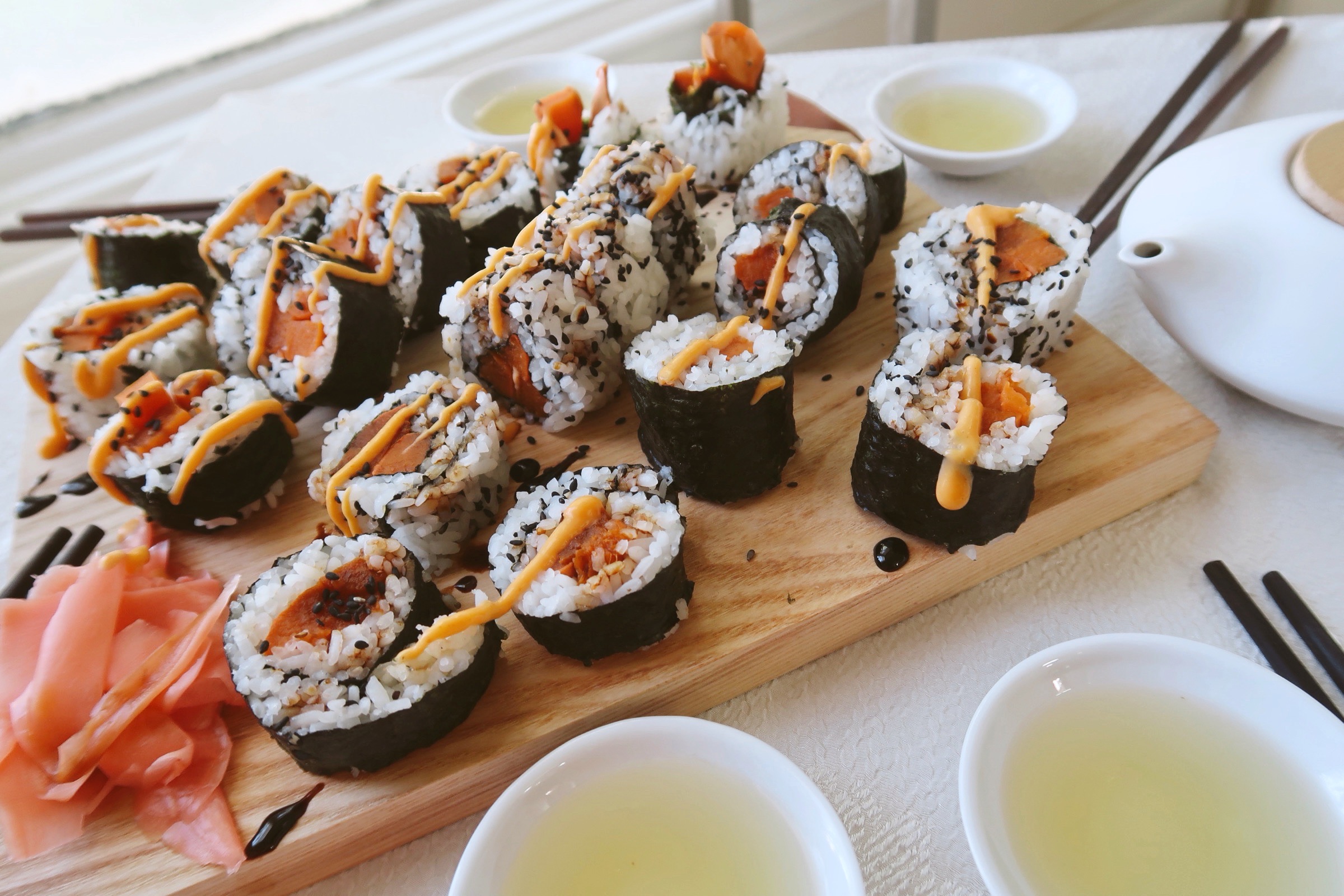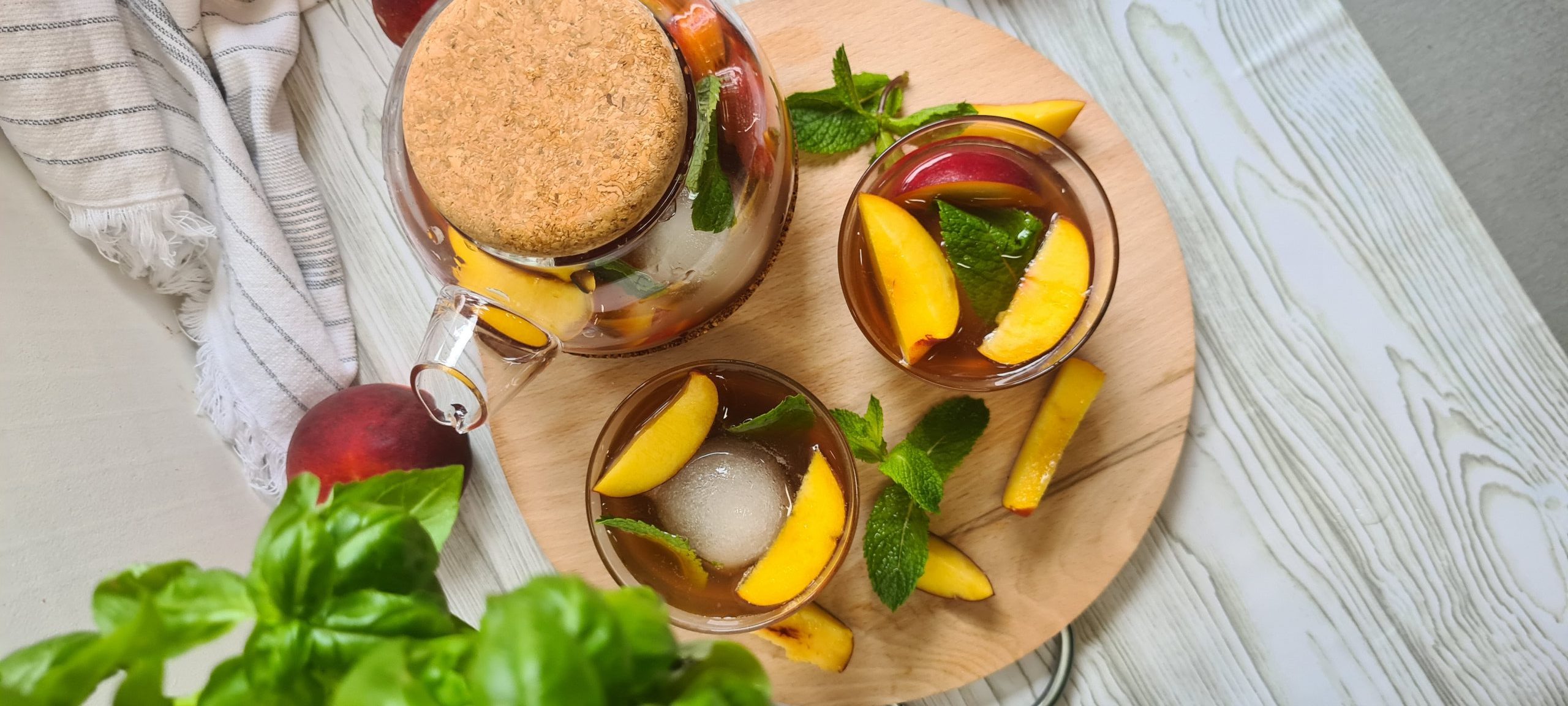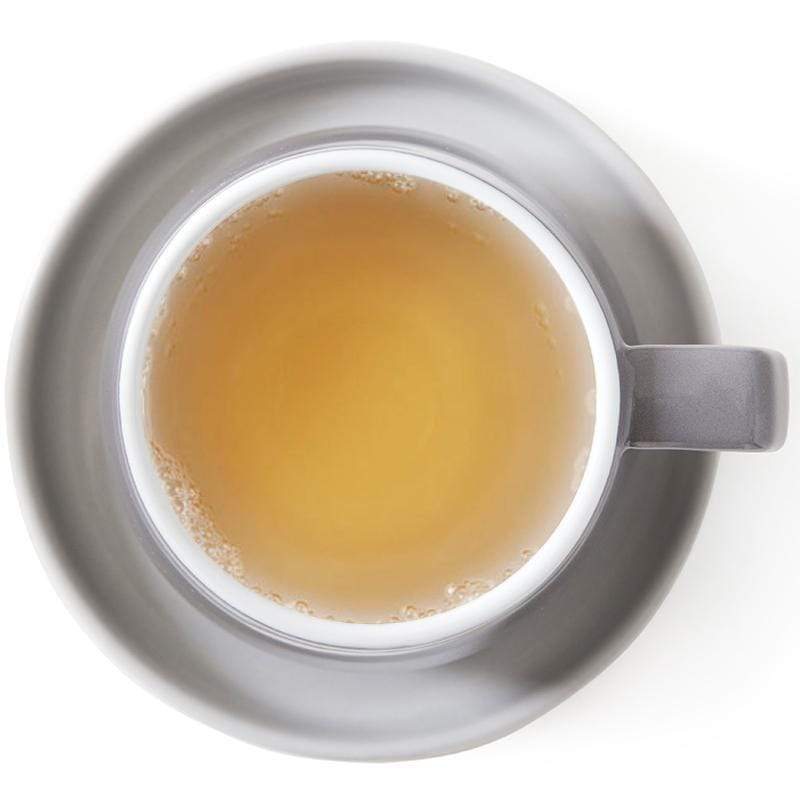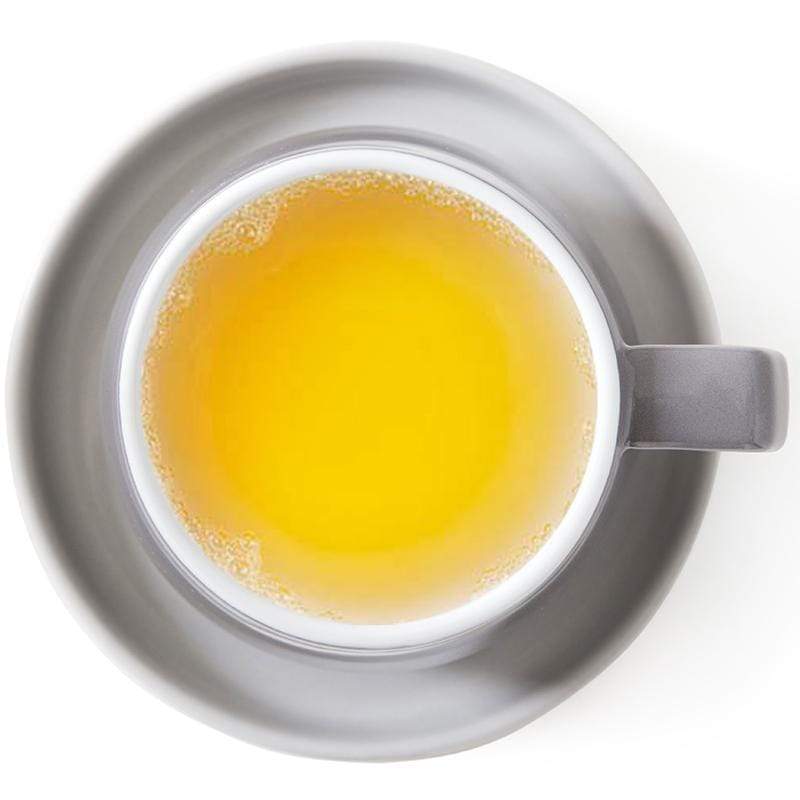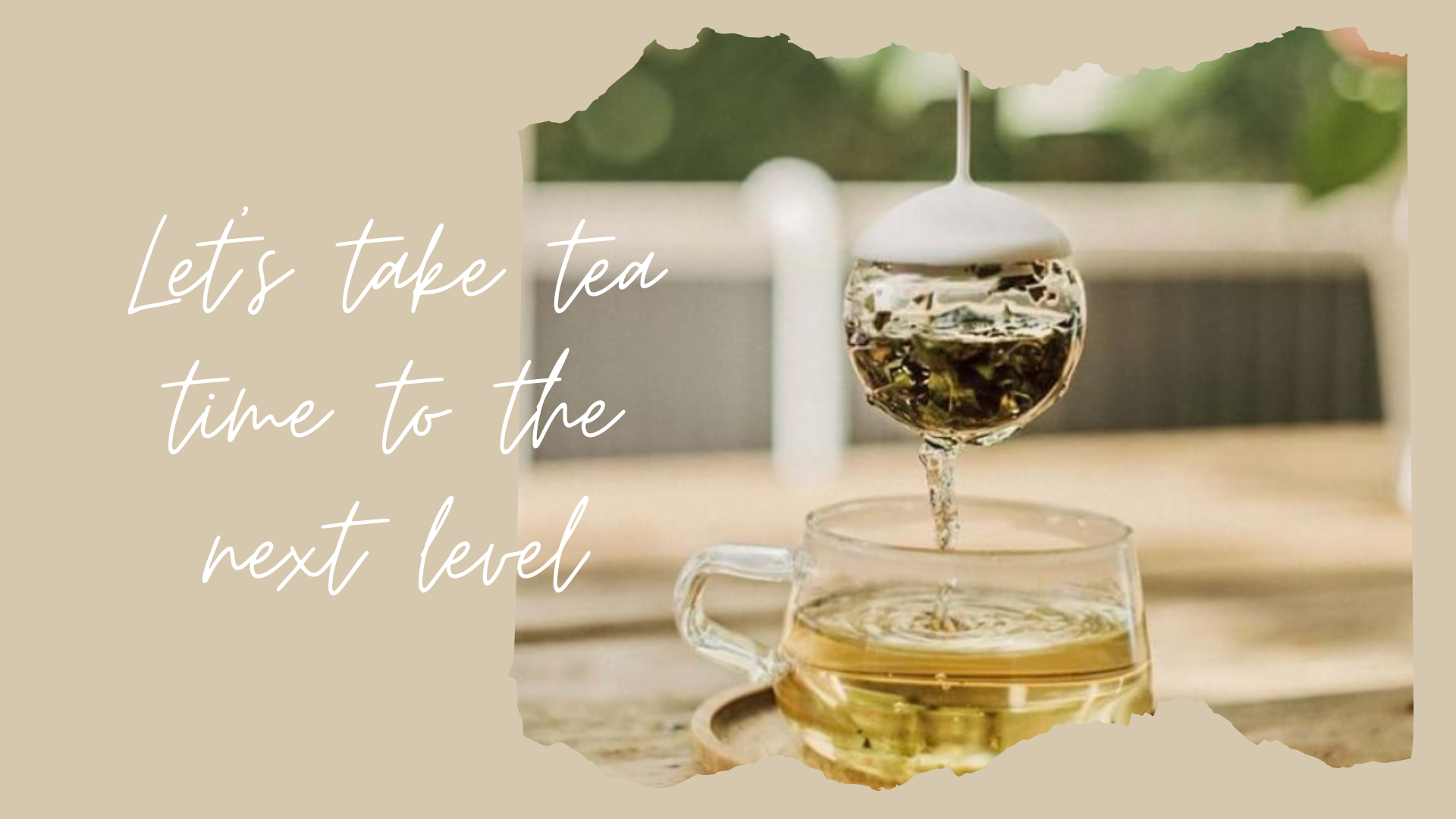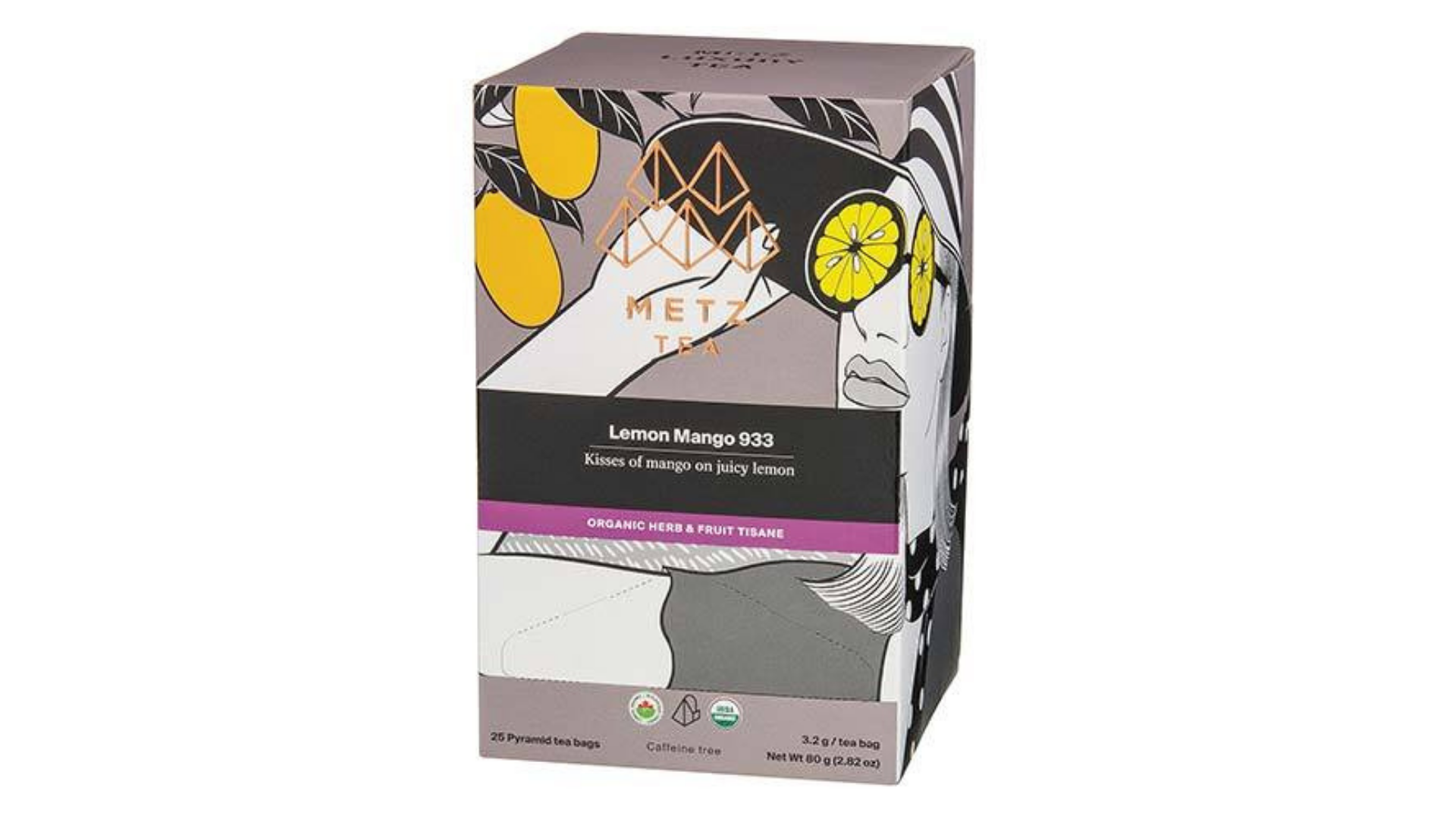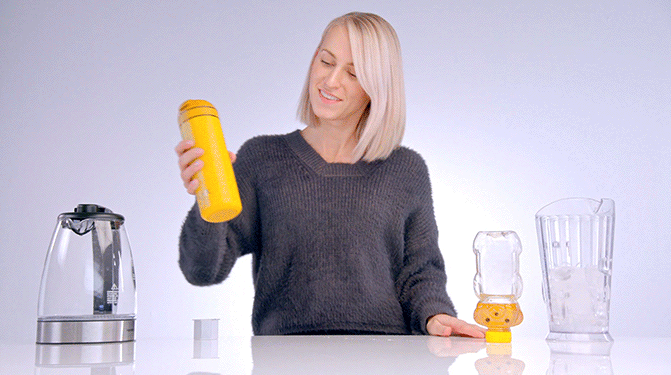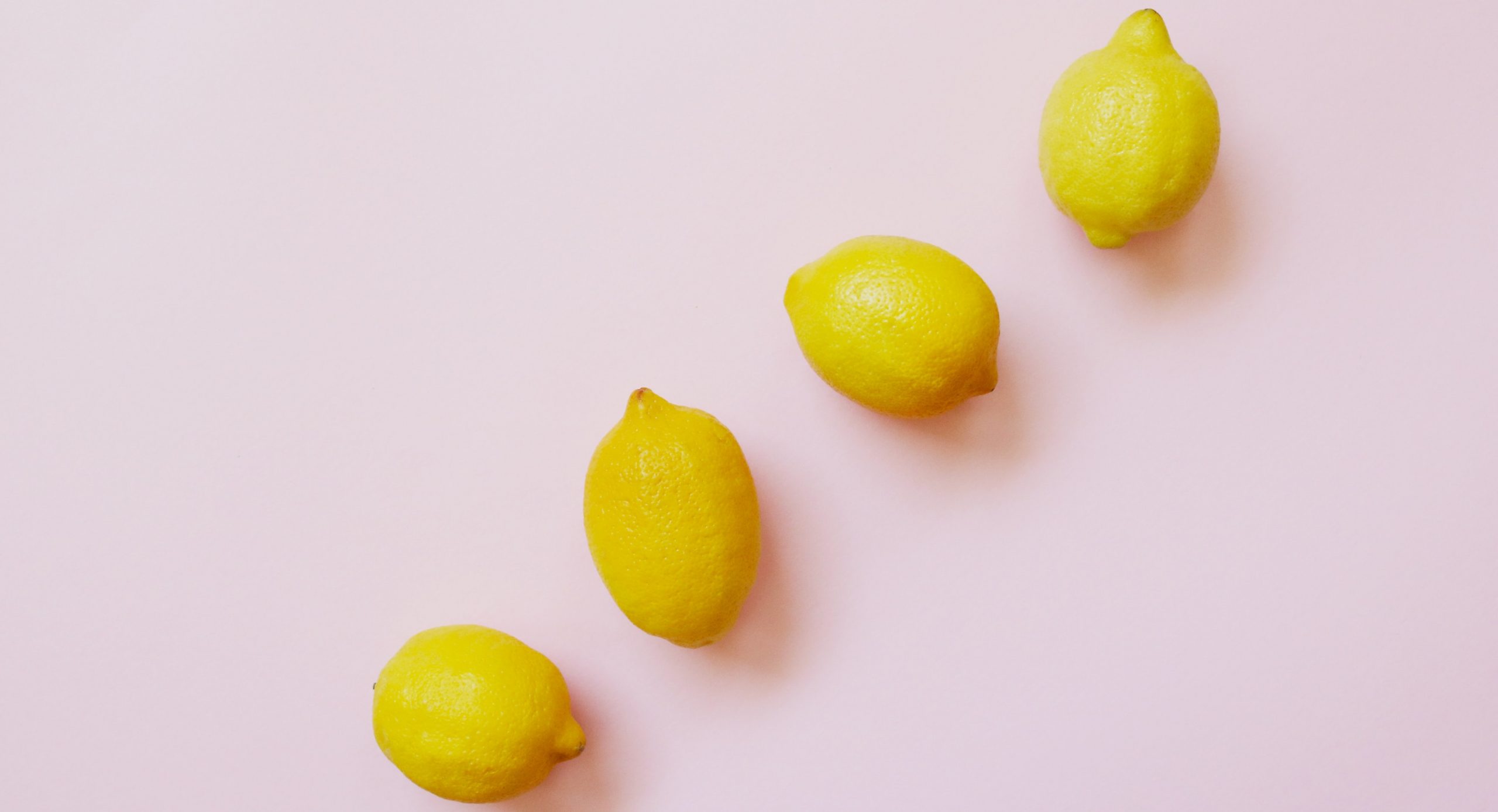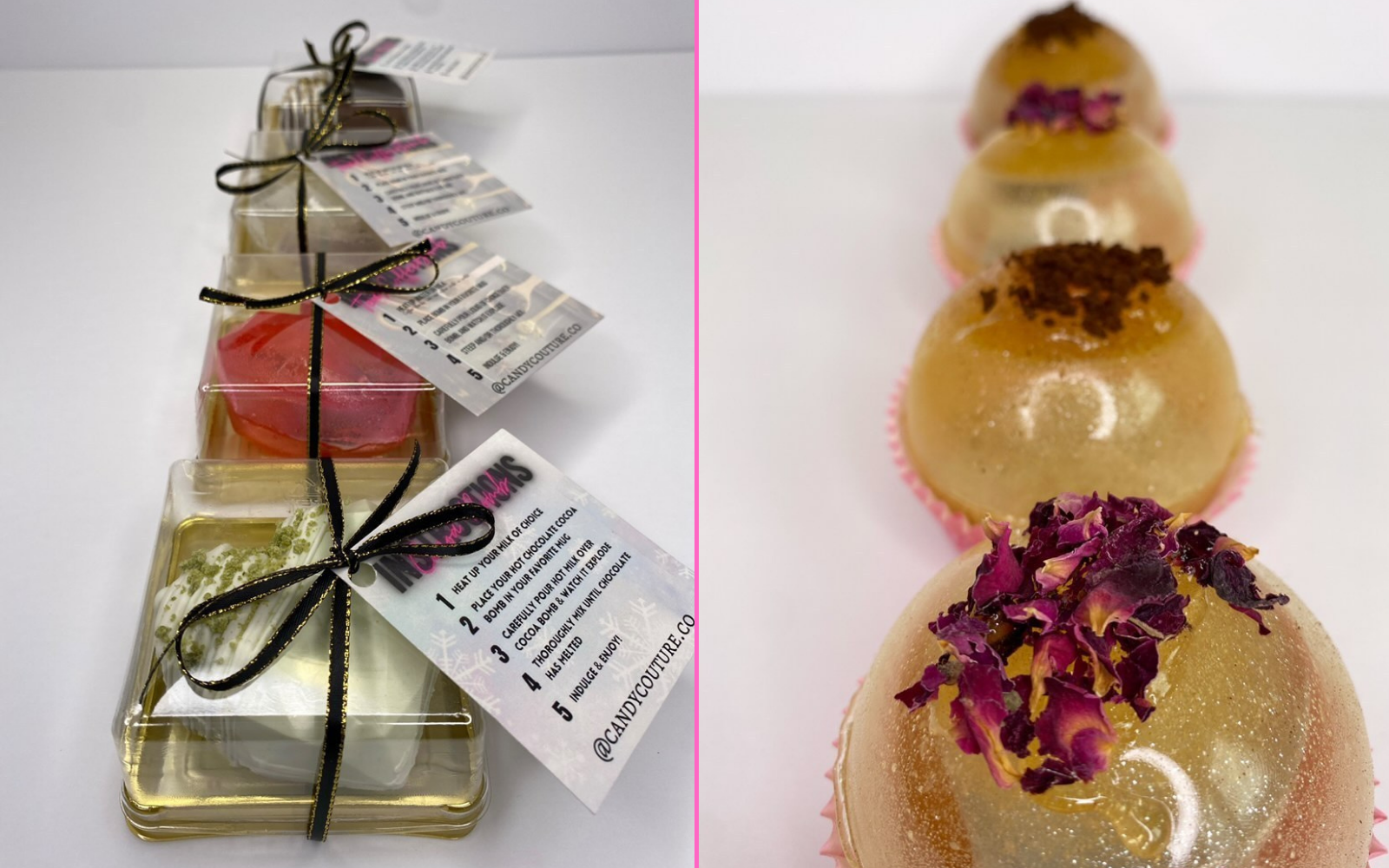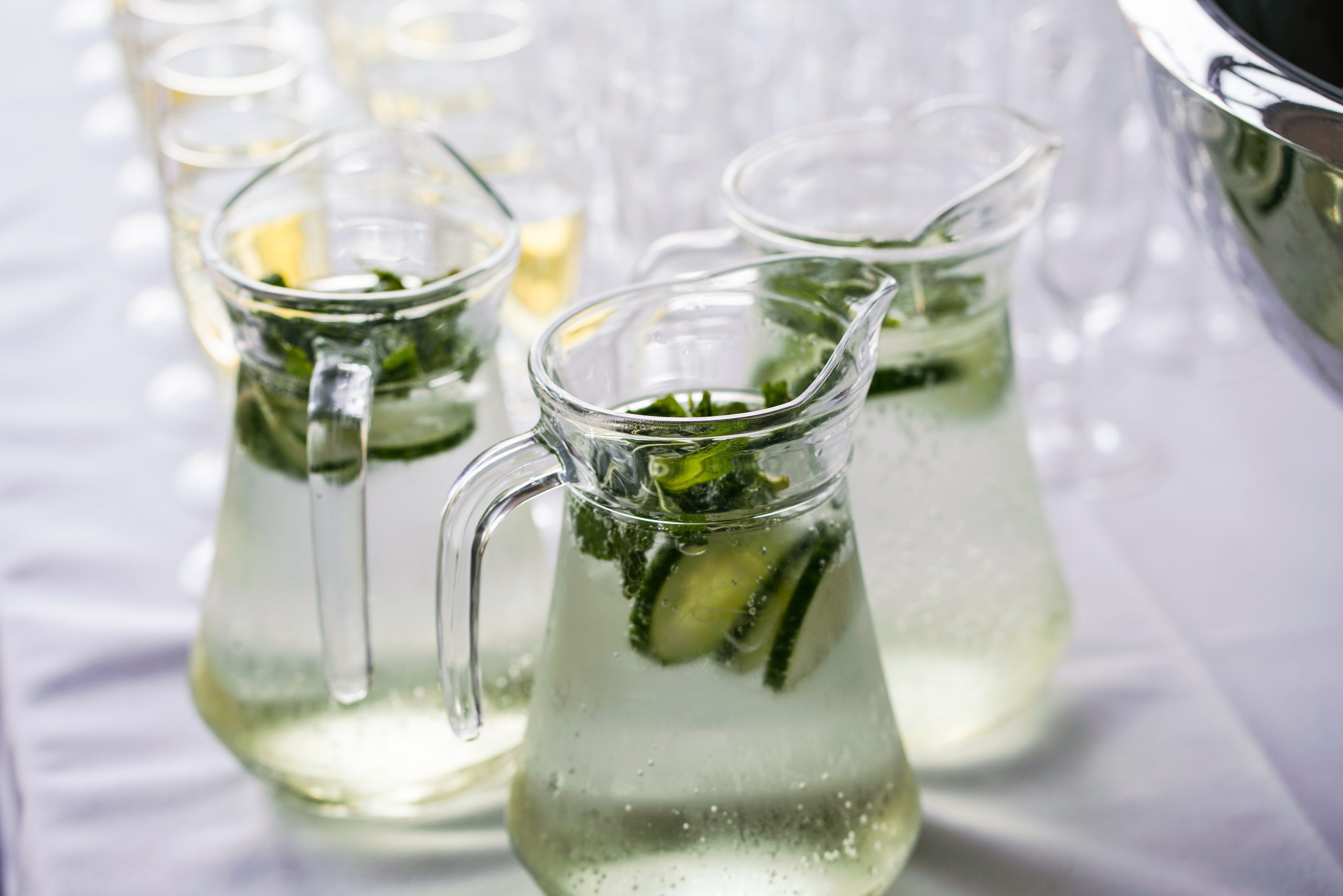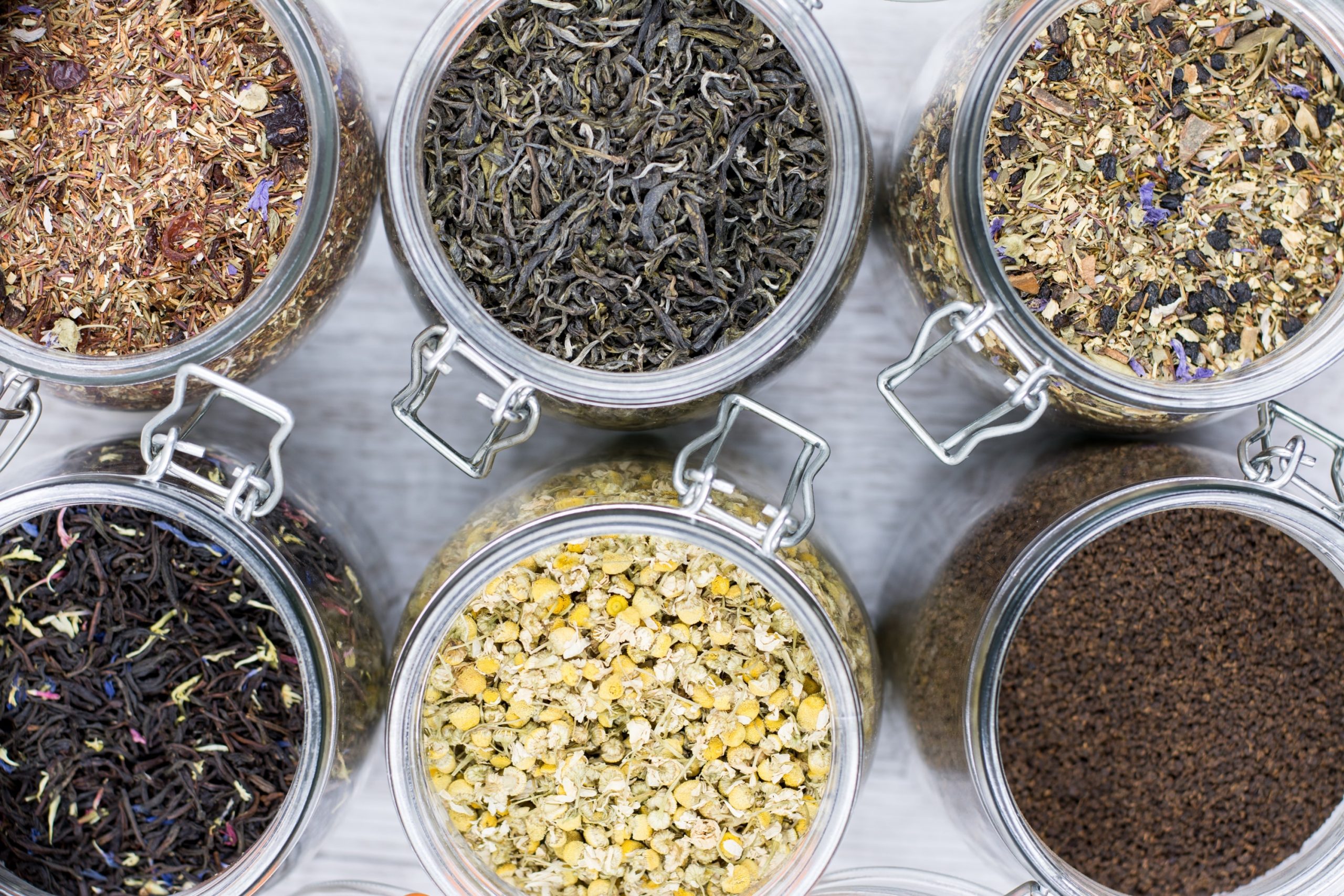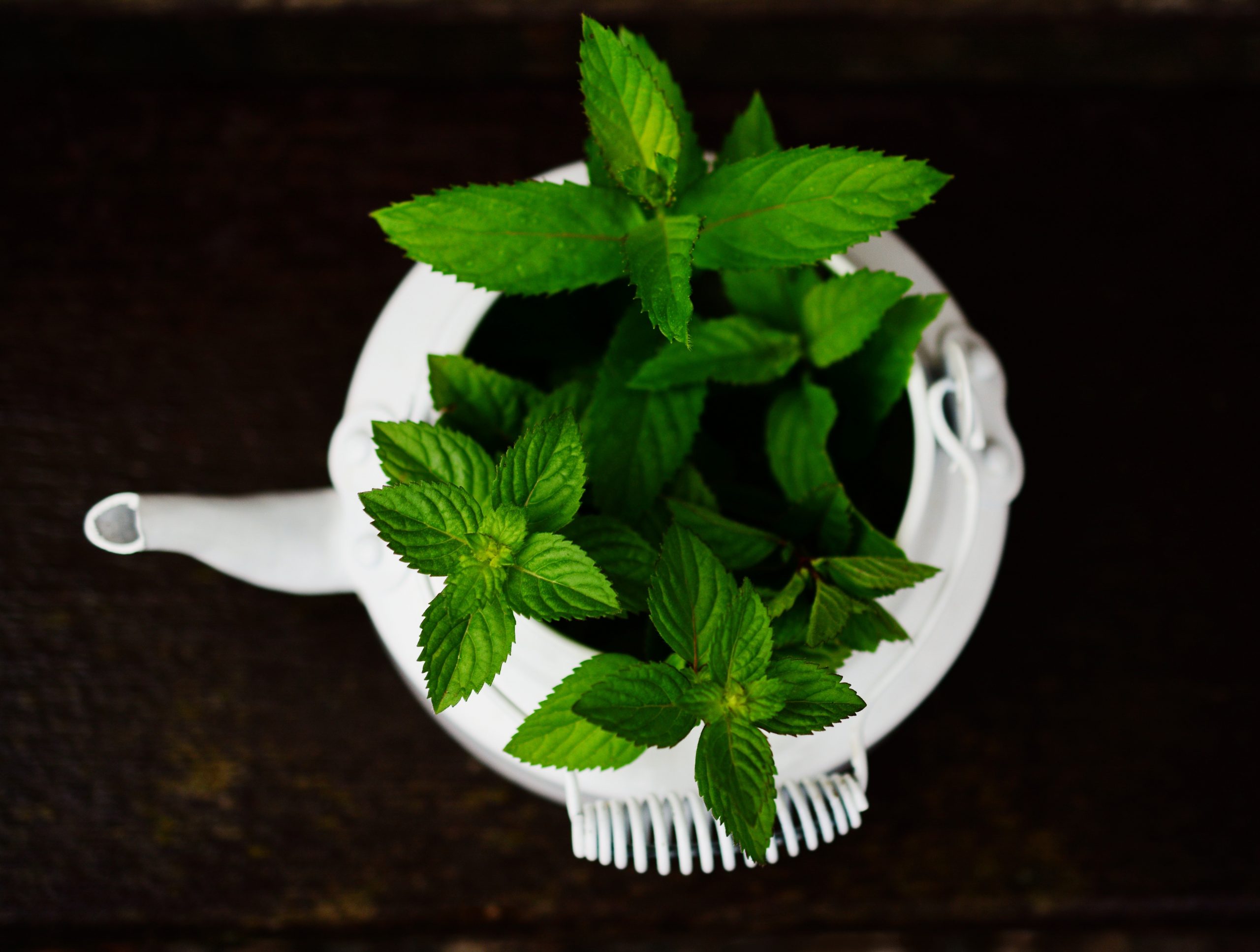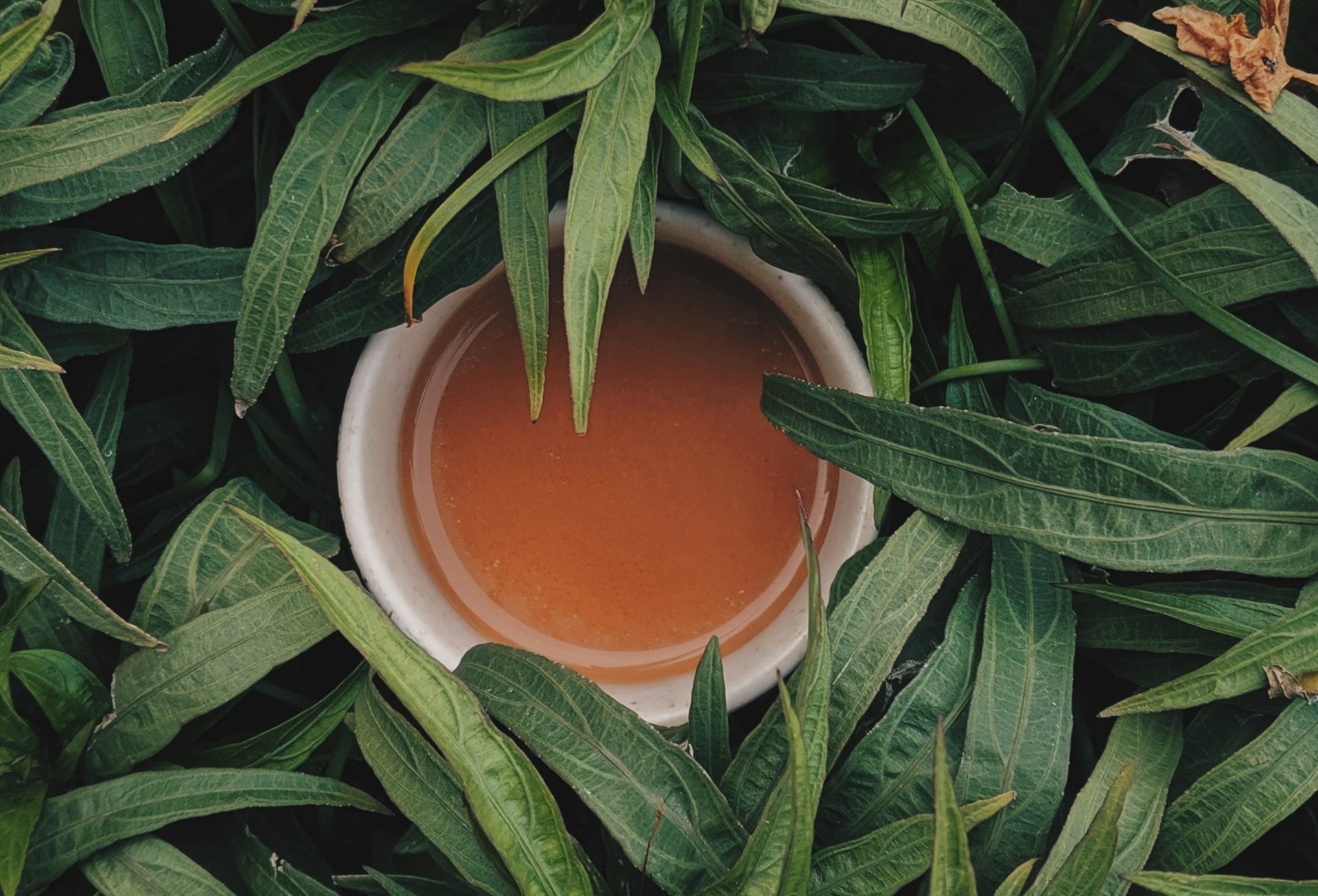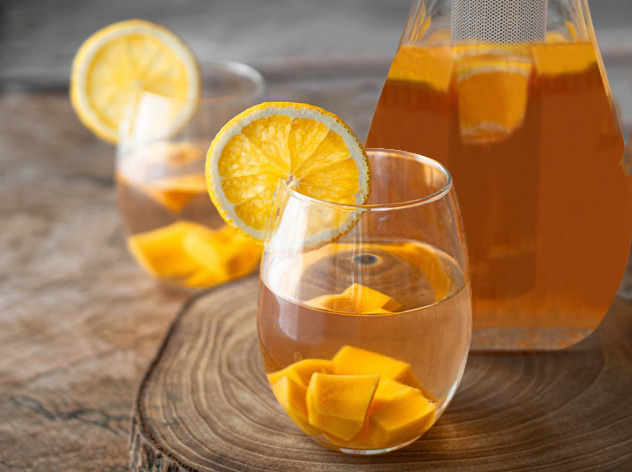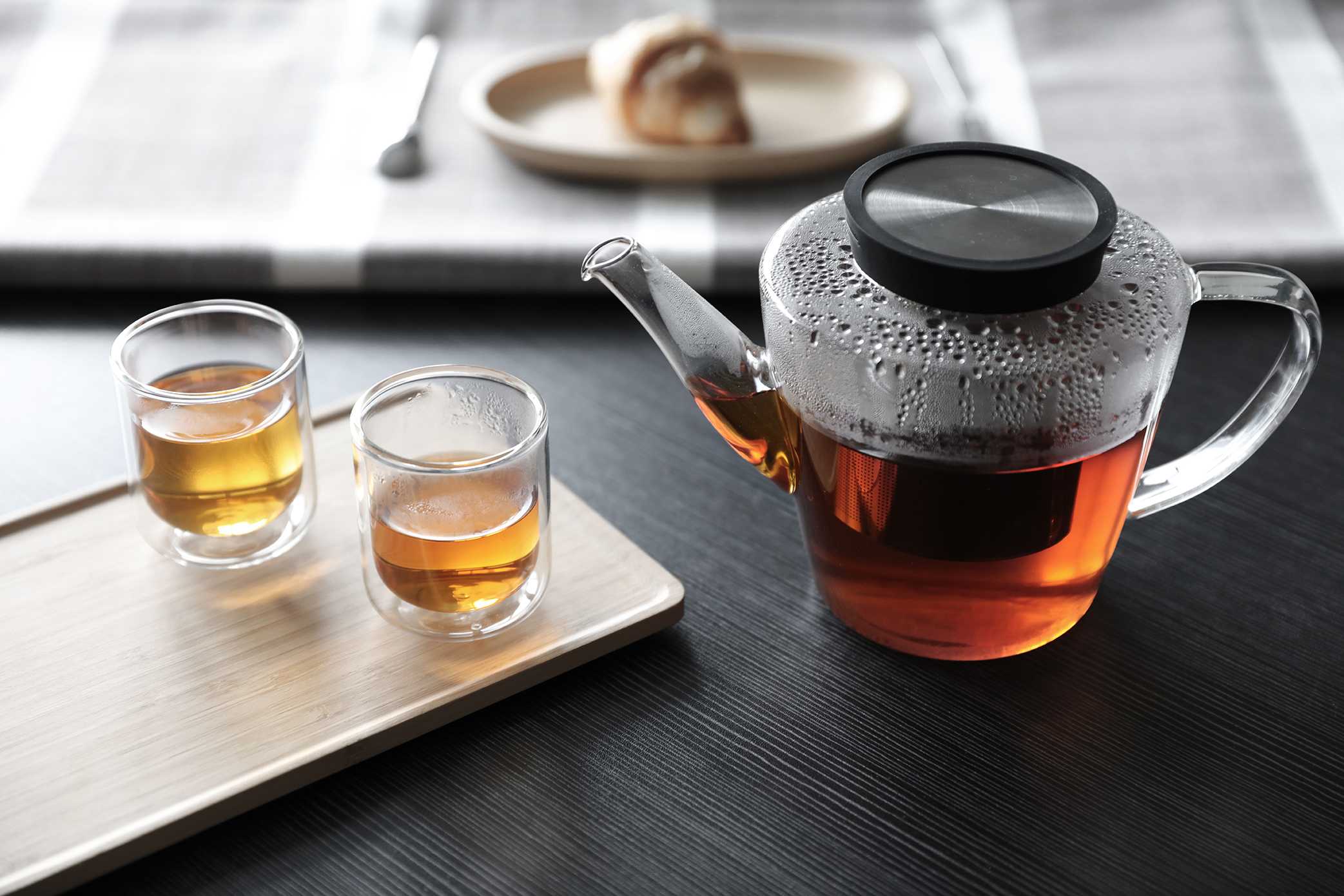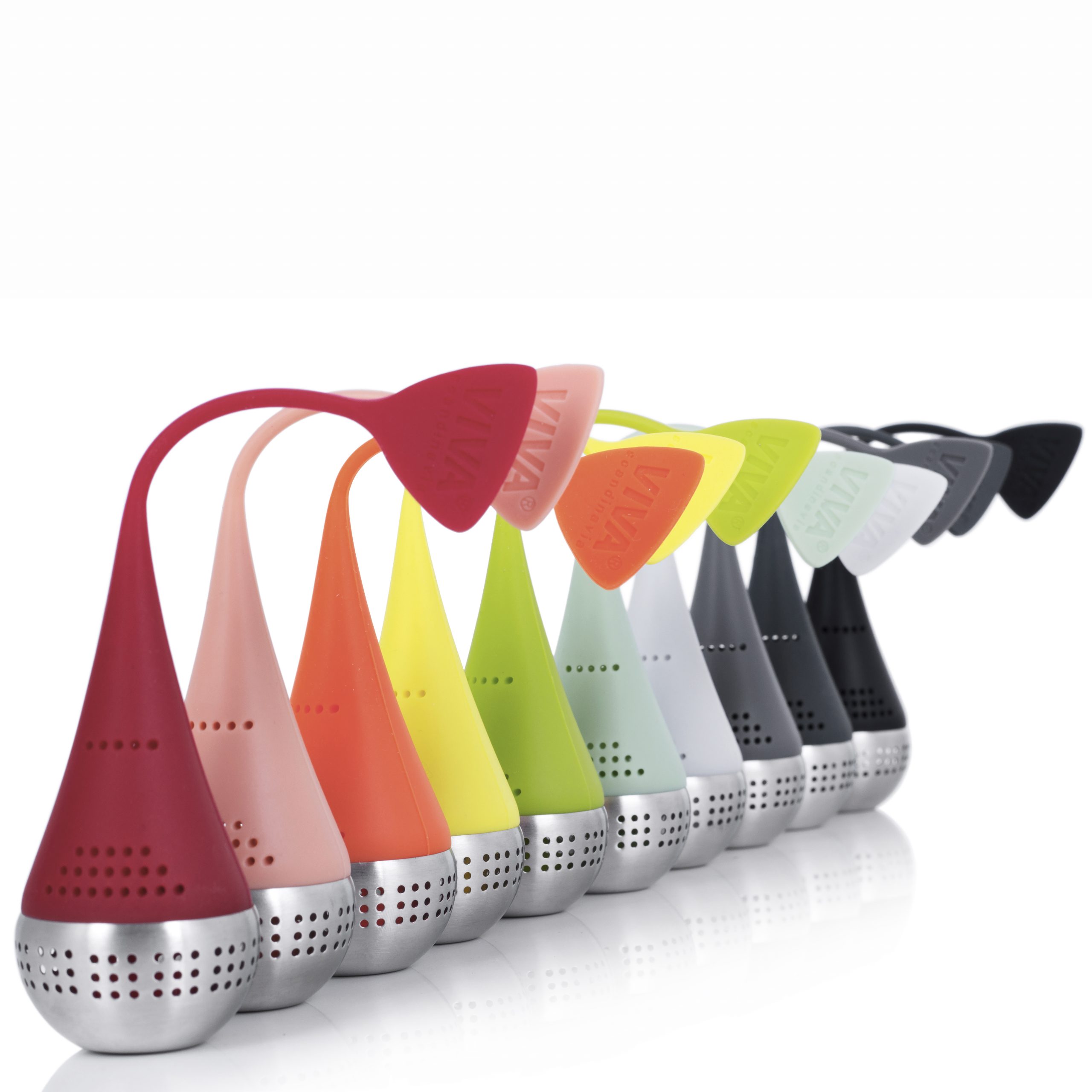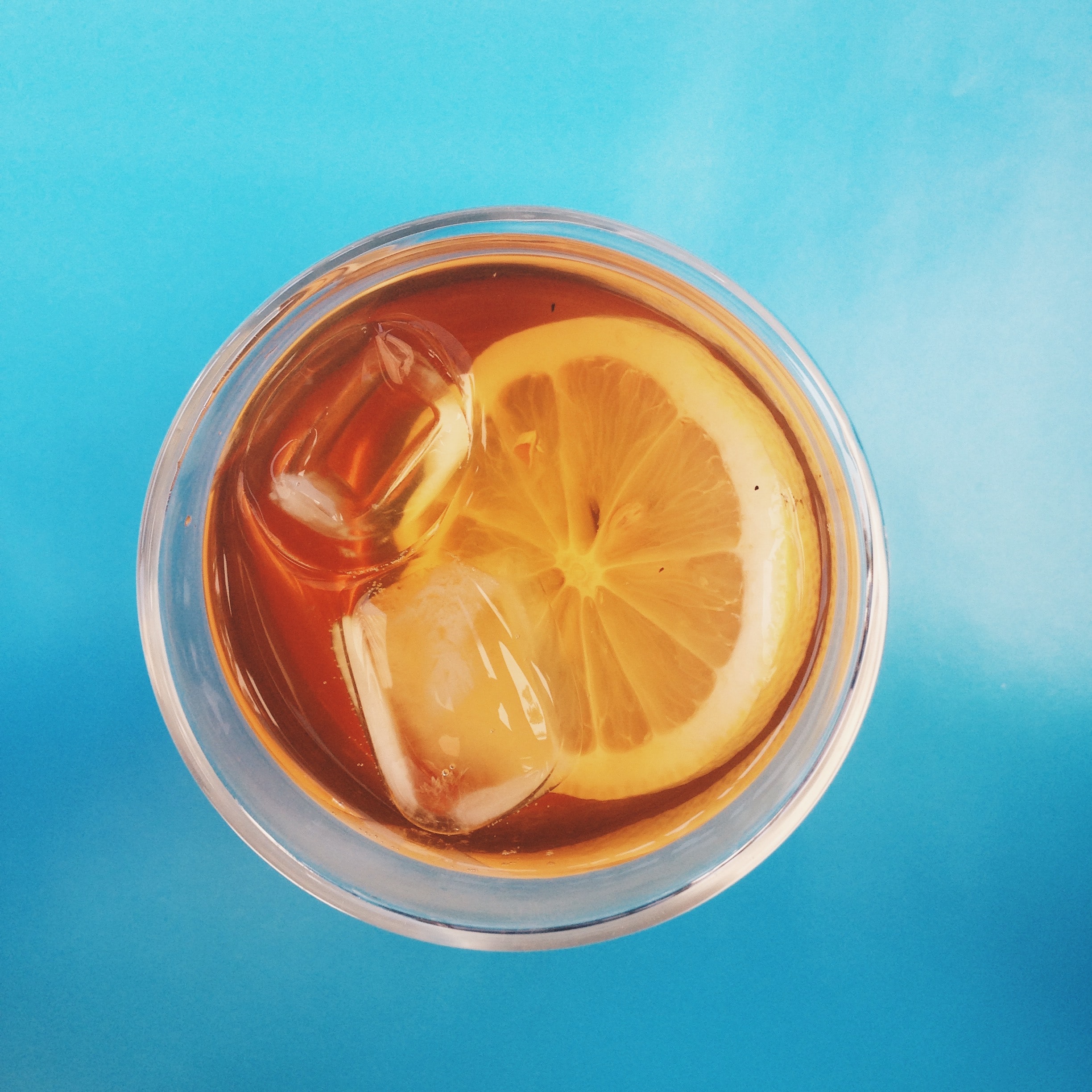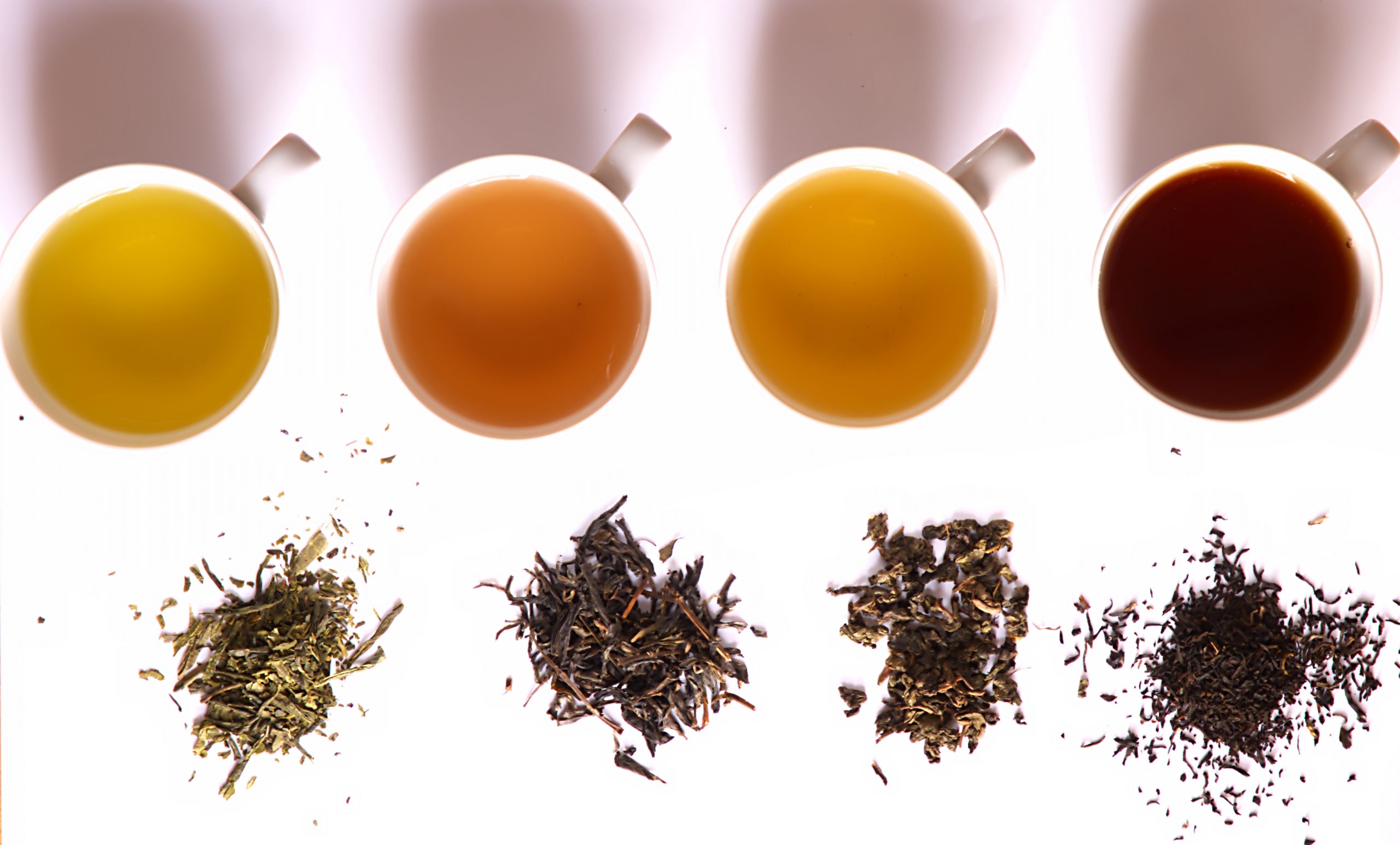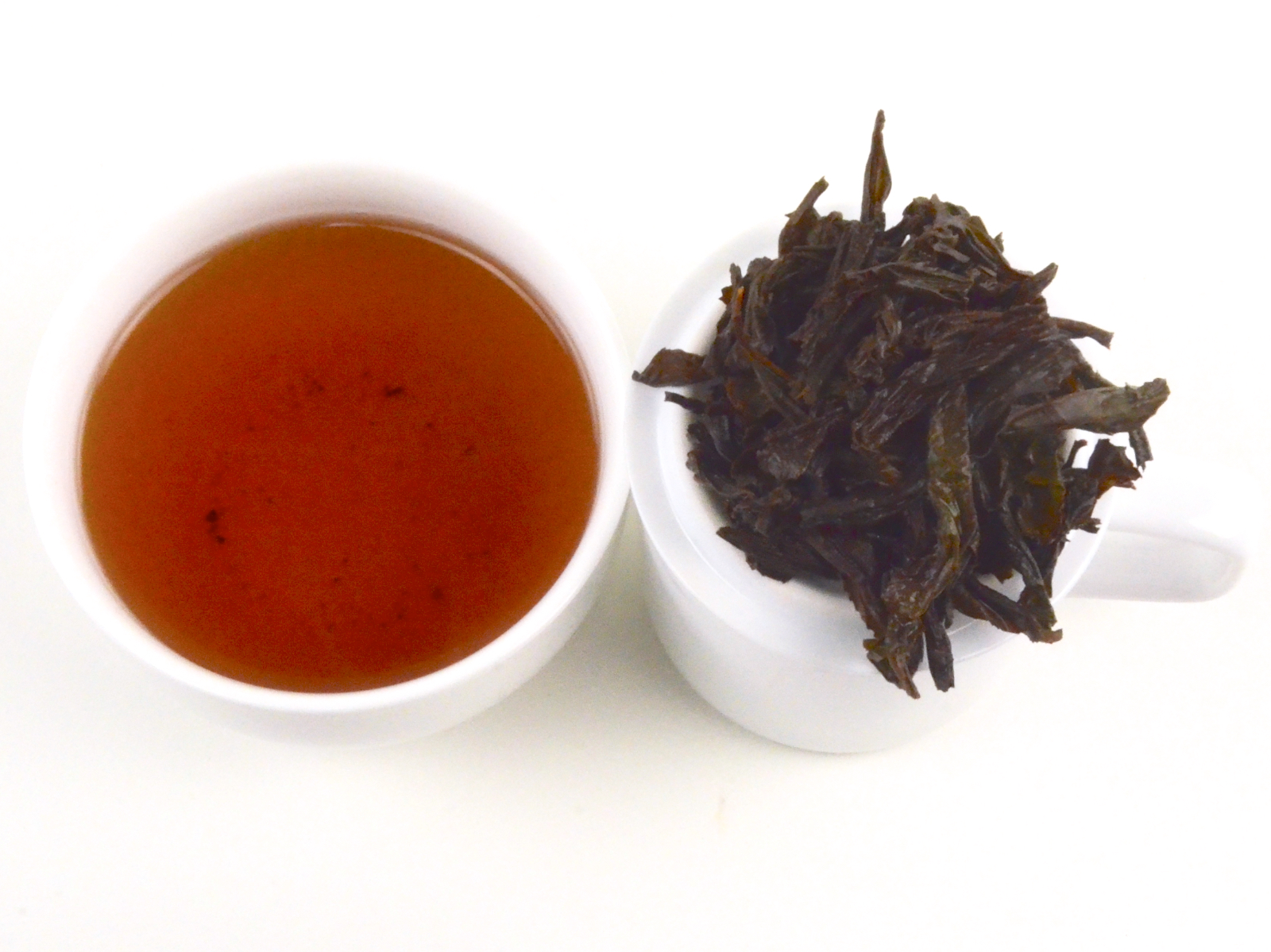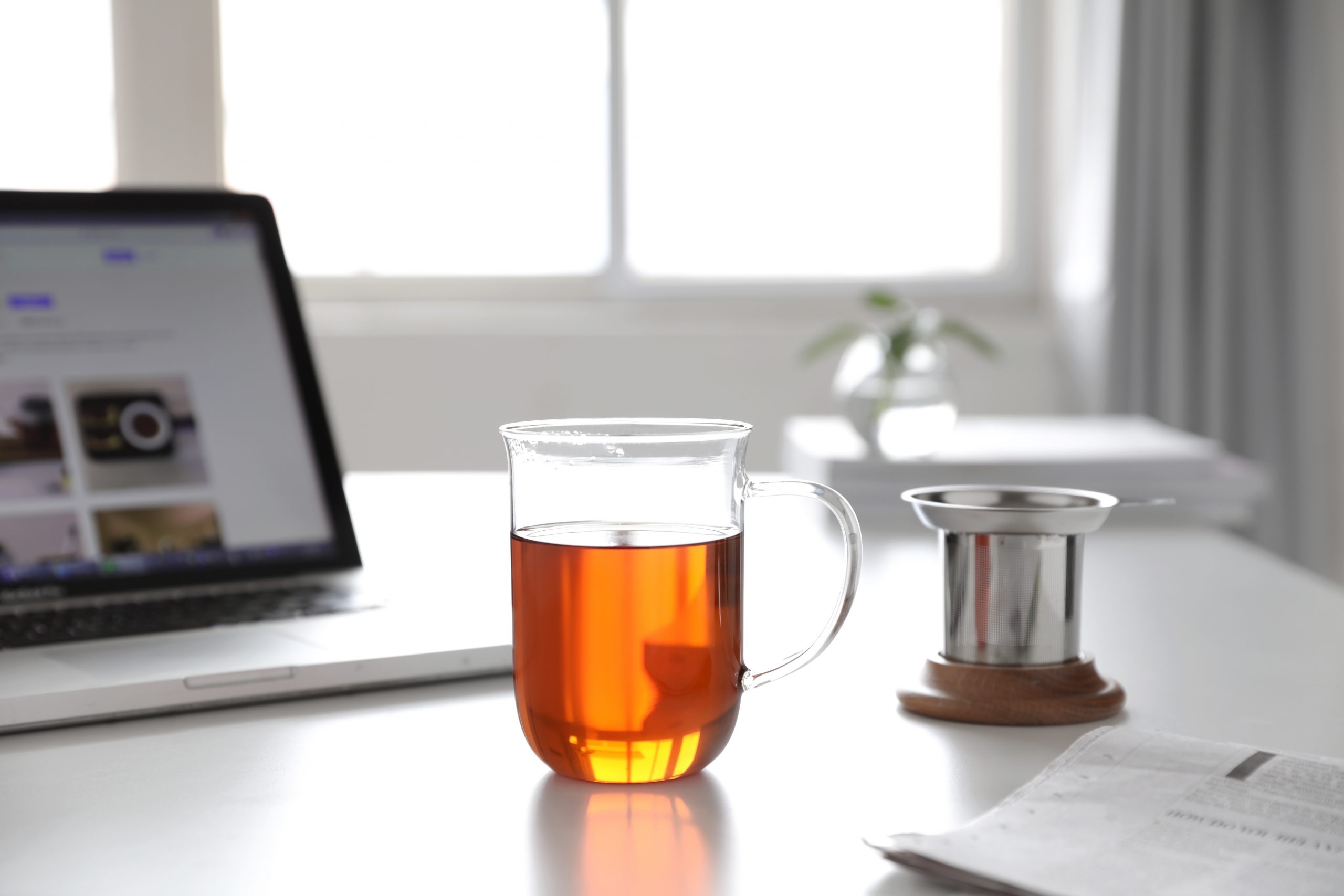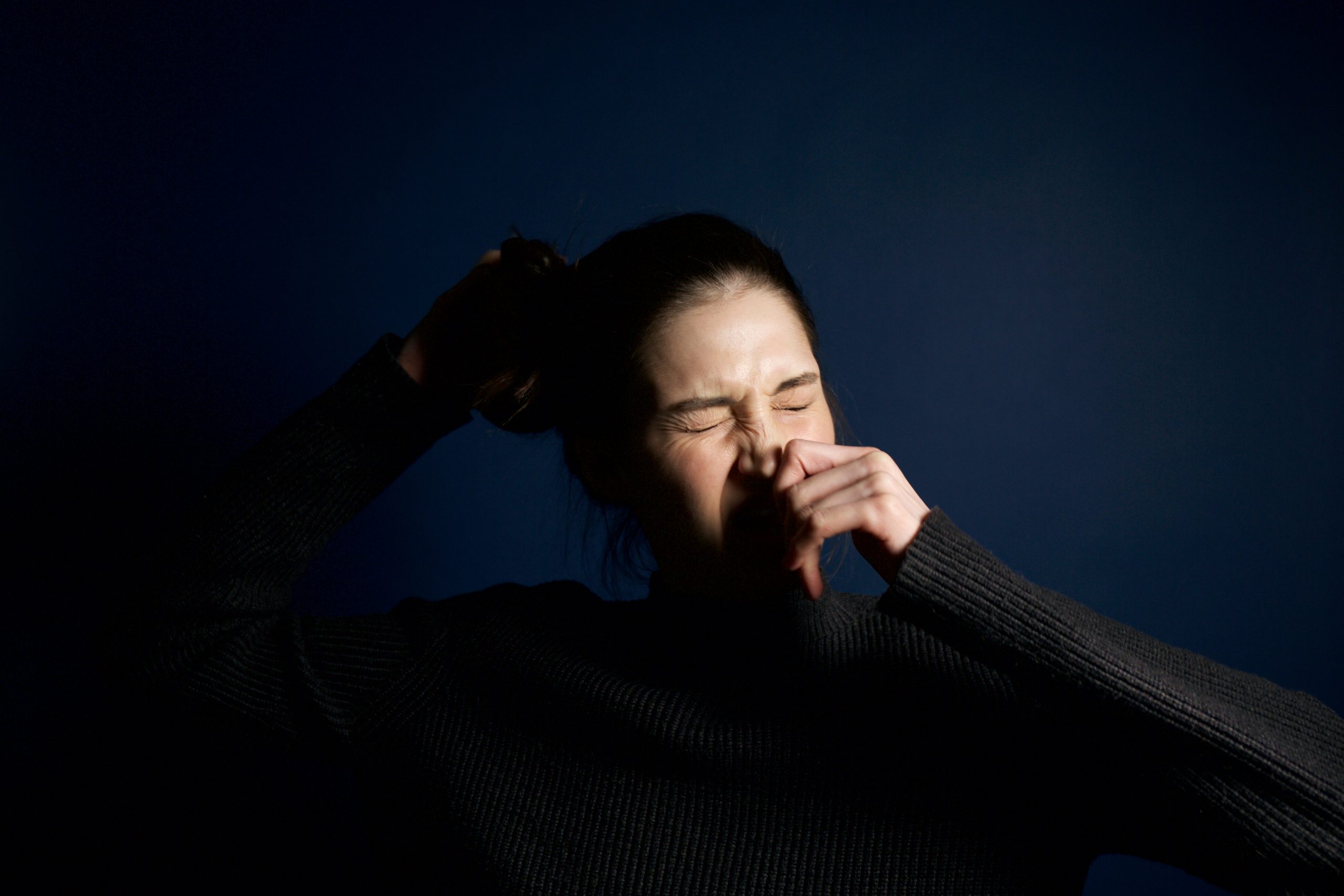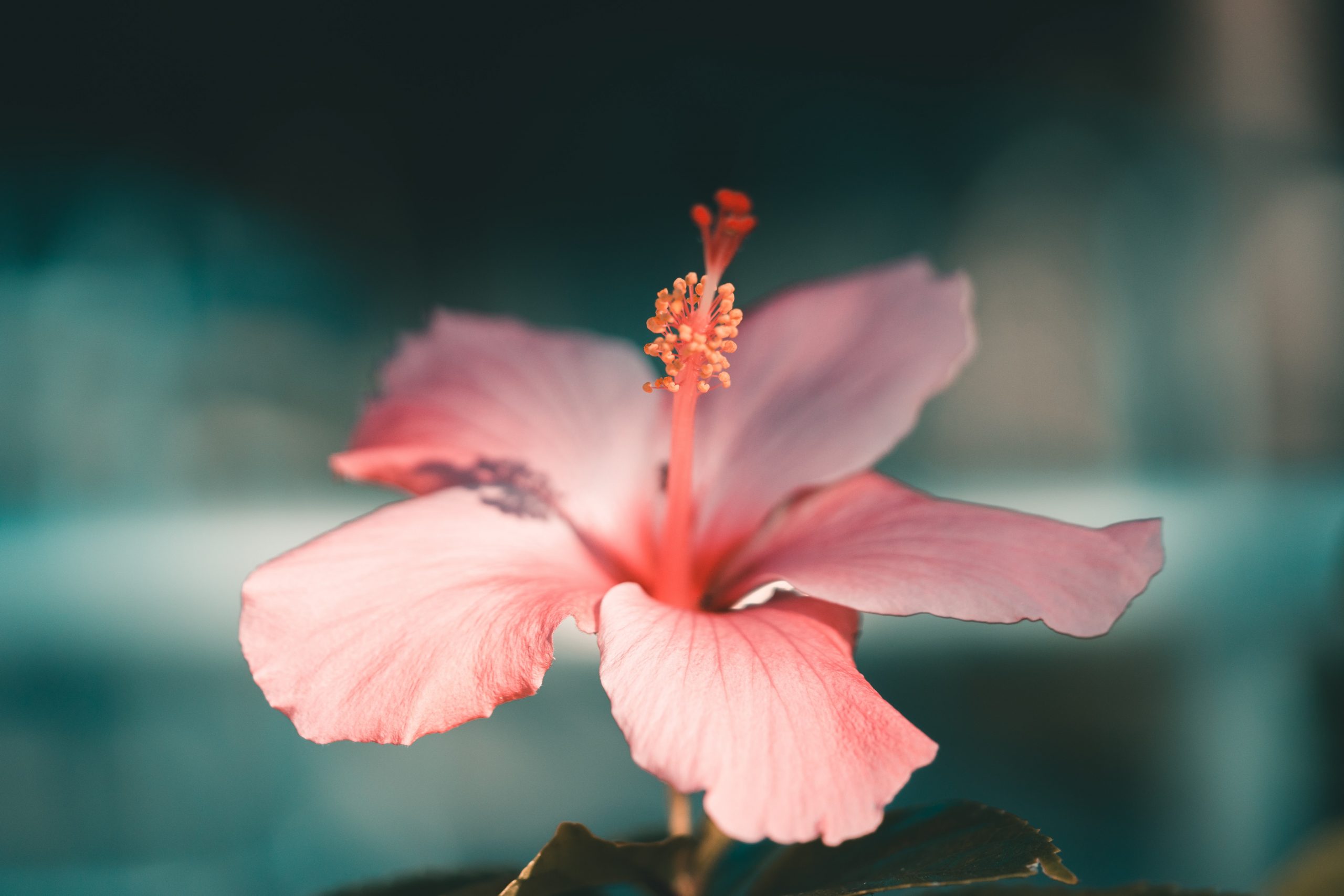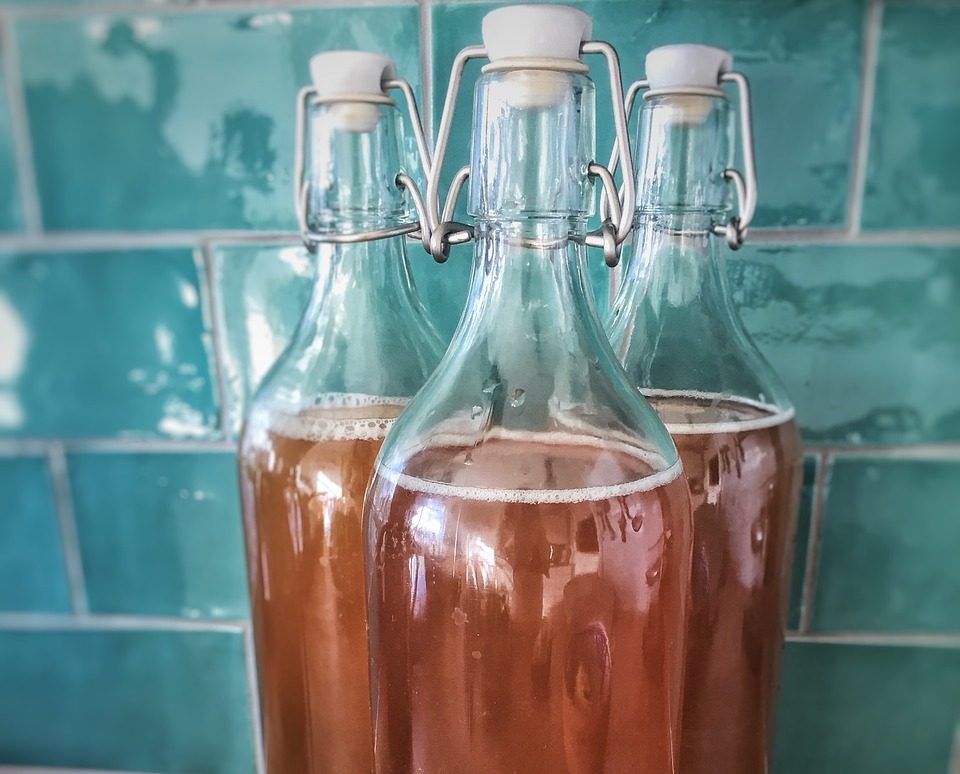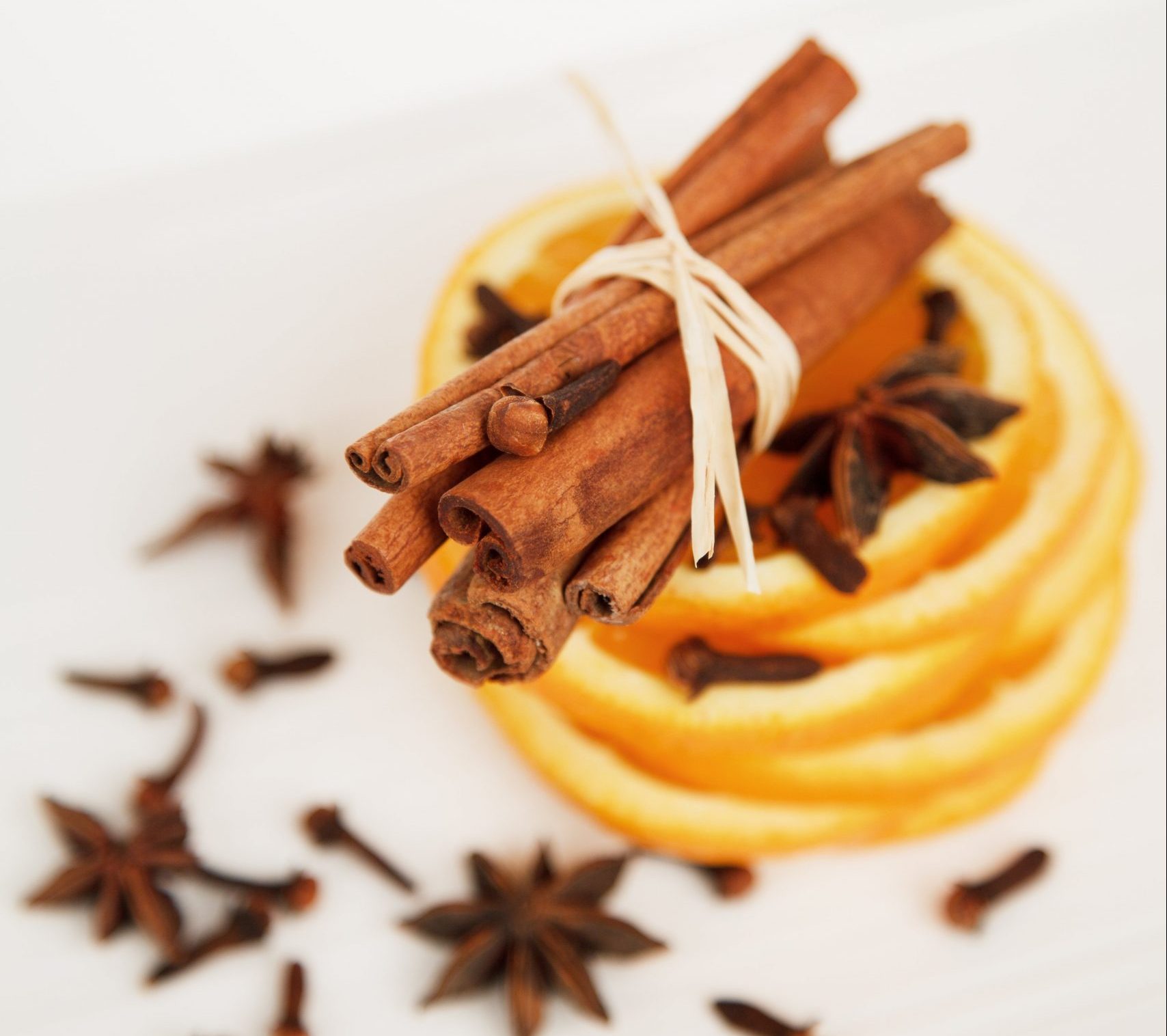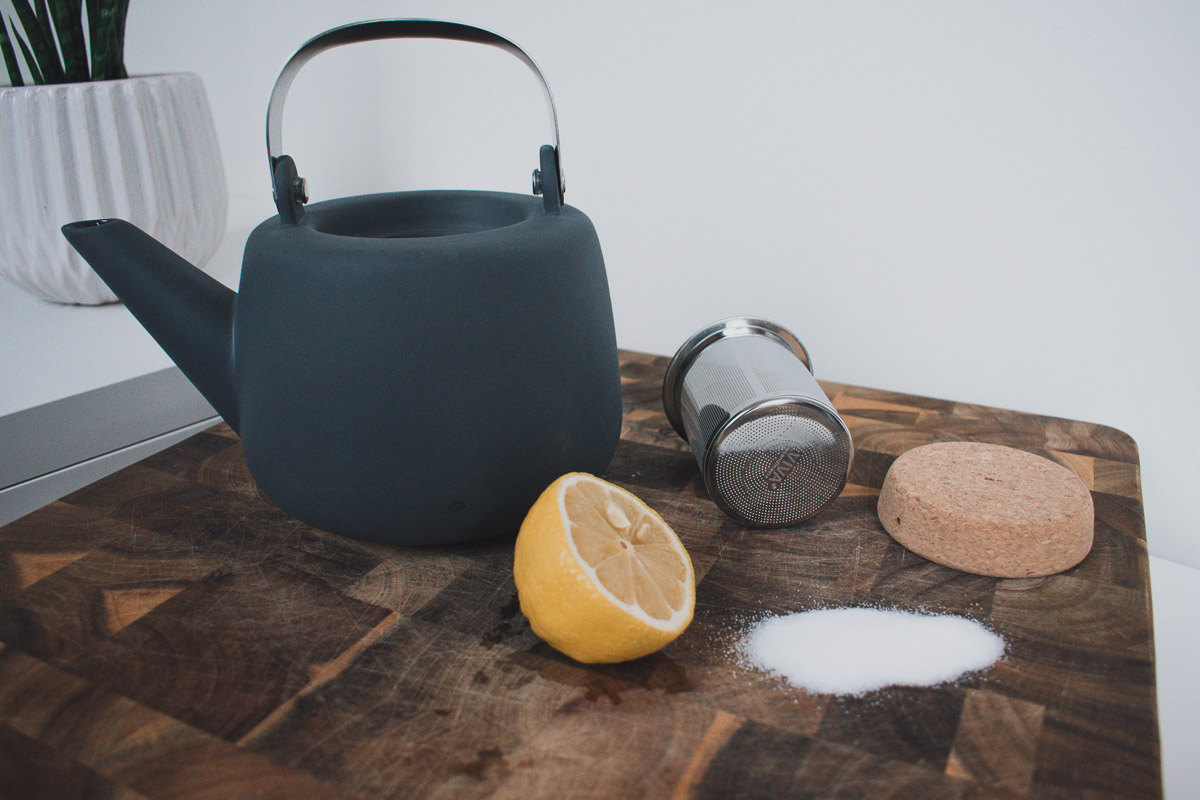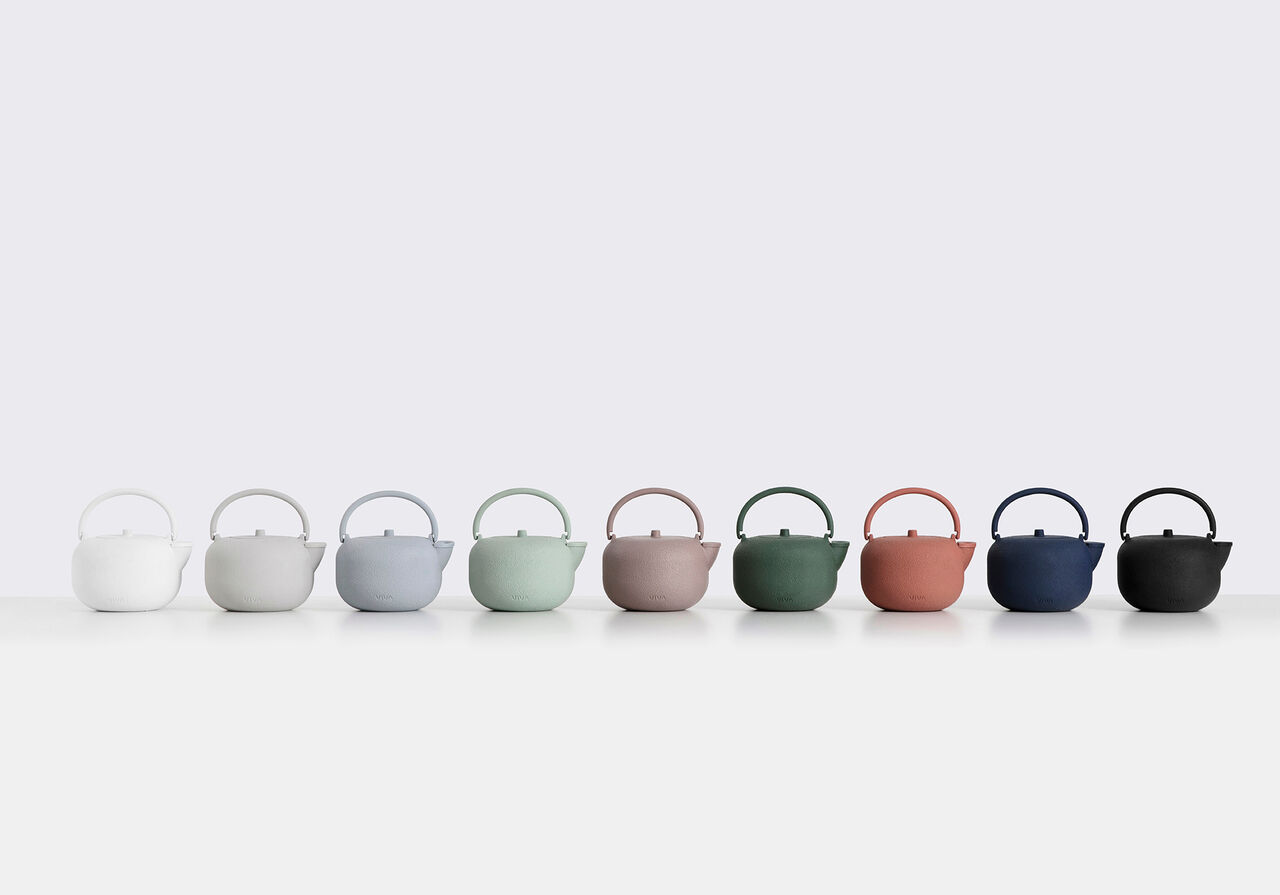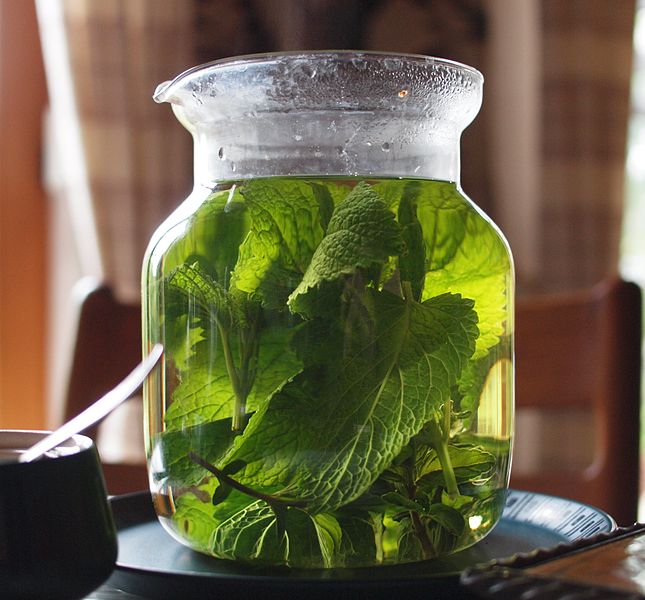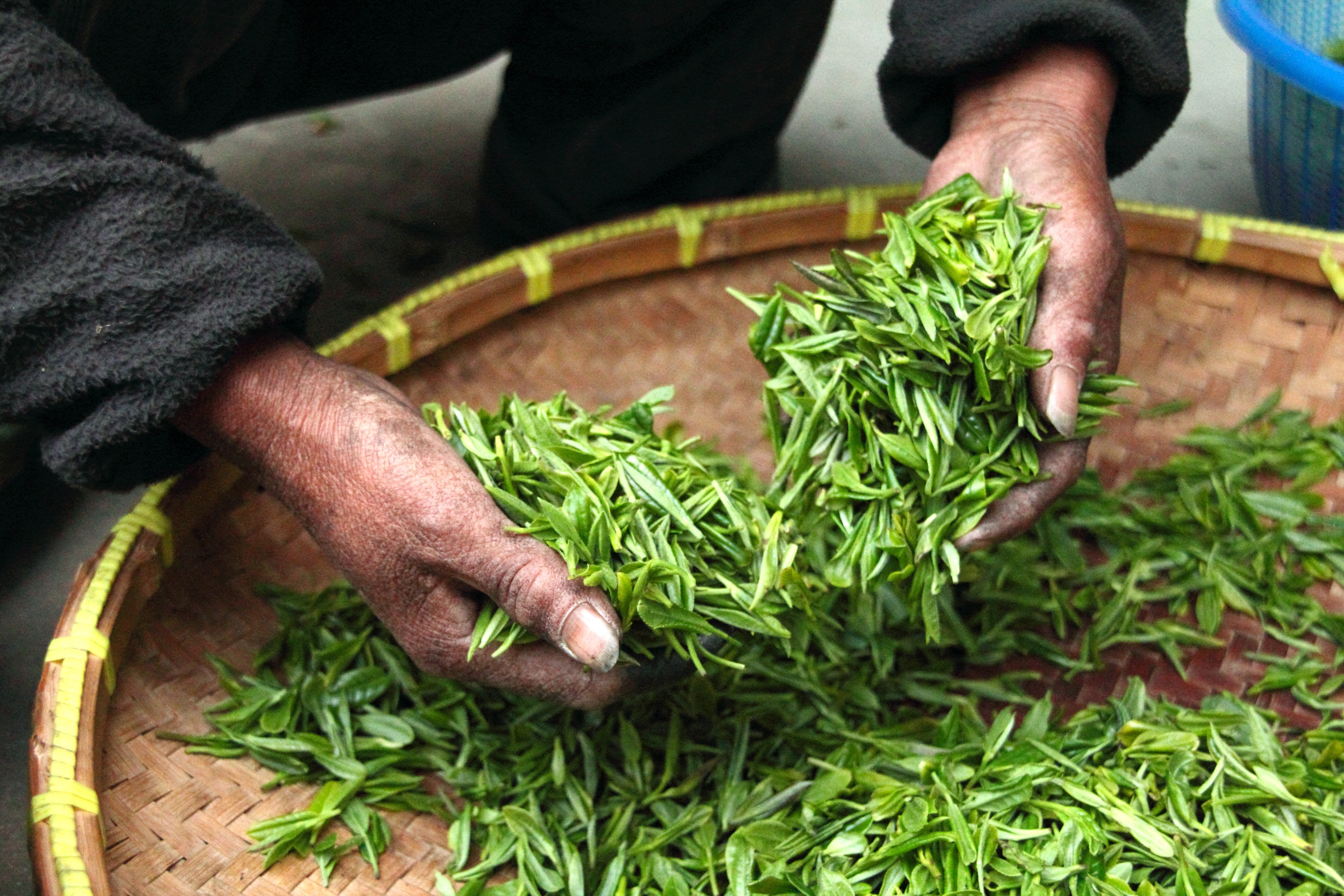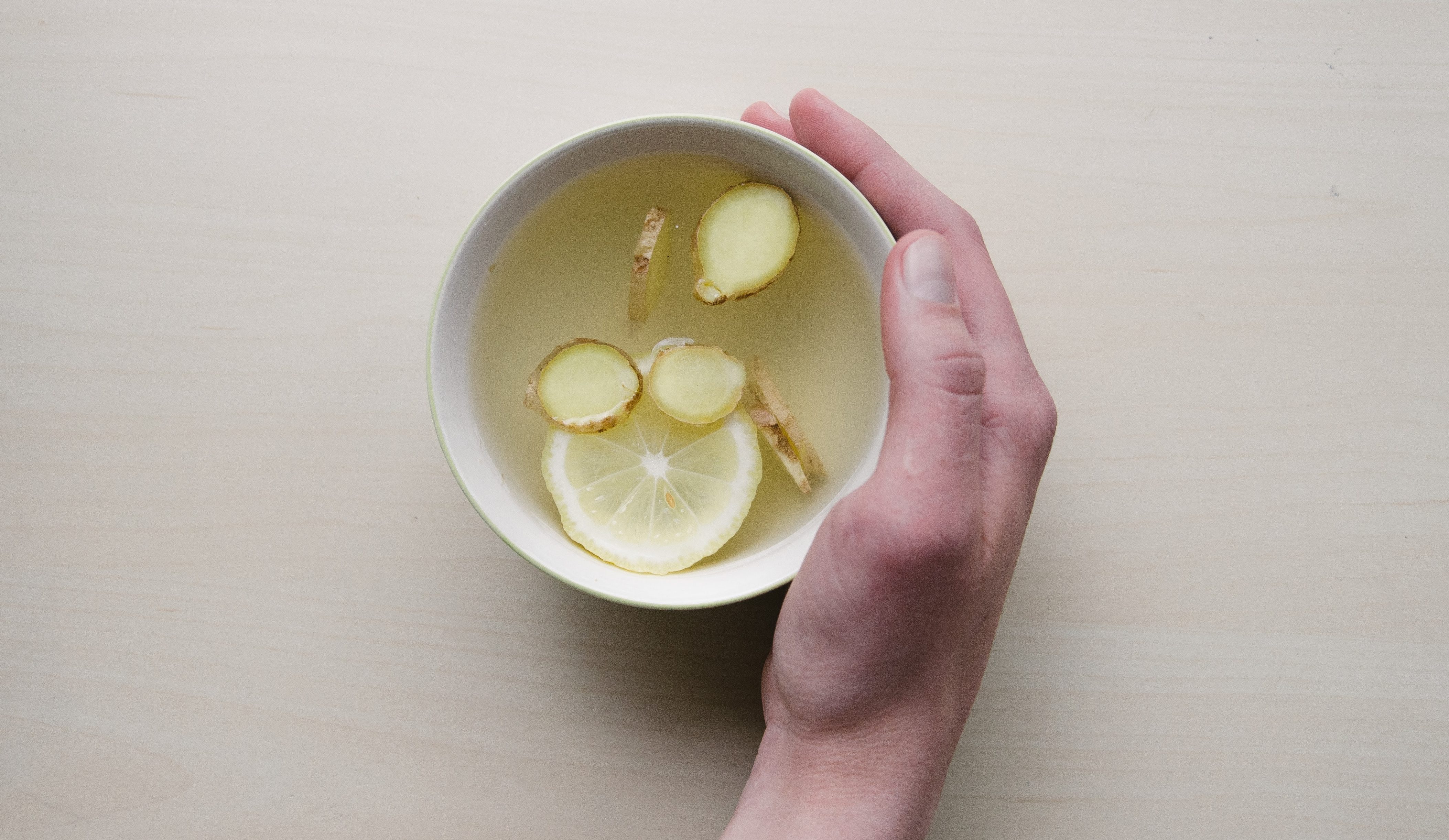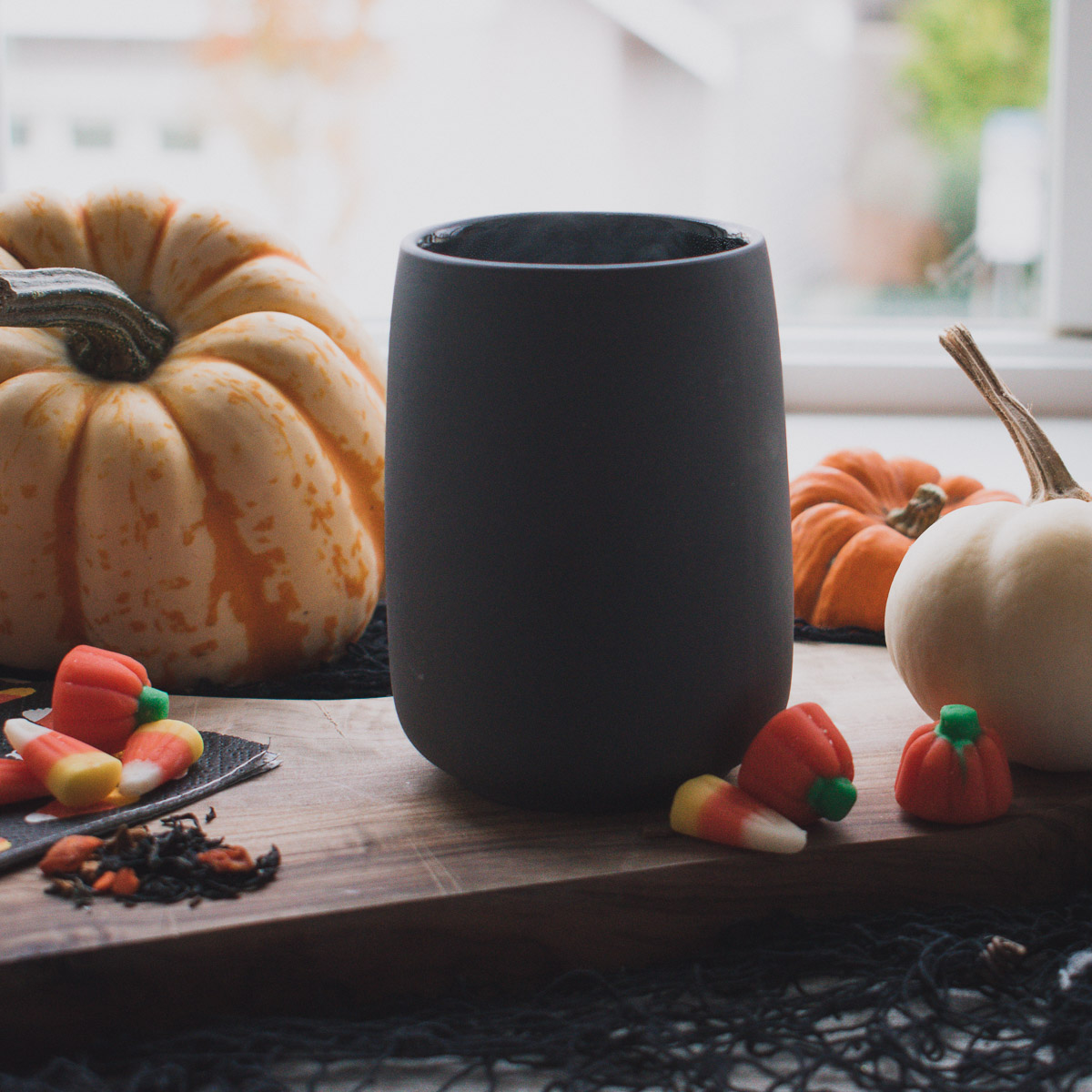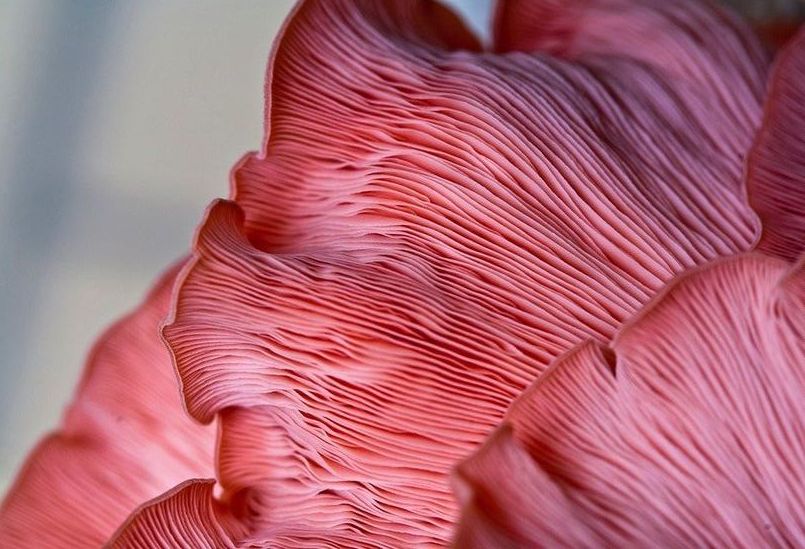You may want to make sure the tea you buy is grown by fairly treated workers and using farming practices that don’t harm the environment.
Or perhaps you feel concerned about the environmental, economic or social impact of your tea.
In either case, you might want to consider finding certified tea to enjoy. Buying fair trade or organic certified tea is the simplest way to make sure your tea consumption is both sustainable and ethical.
But what is certified tea? What do all the different certification labels mean? And is it worth the added cost? In this article, we share the lowdown on everything you need to know about certified tea.
What is certified tea?
Certified teas are recognized for taking into account one or more of a number of aspects when it comes to farming tea. These are sustainability and the environment in which the tea plants are grown, and the price paid to the farmers and treatment of workers. As the trend towards organically farmed produce has grown, organic certification has also become popular.
There are several trusted verification agencies which set the guidelines by which farmers and tea companies must abide in order to obtain certification. They do a regular audit process around the growth, production and sale of the tea.
If the tea company passes the audit, the tea will receive a certification. You’ll see this as a mark on the package of certified tea, and is a guarantee that the tea you’re drinking meets certain standards.
What are the types of tea certification?
When buying tea, there are a number of certifications to look out for as each certification organization has a different auditing method and is concerned with a specific aspect of the tea farming process.
Here are some of the most popular and trusted certification labels to look out for. When you see any of these labels on certified tea packaging, you’ll know what this means for your tea.
Fairtrade International
Fairtrade International is the most well-known fair trade verifier in the world. A product with a Fairtrade mark means that the producers and businesses involved have met the organization’s strict social, environmental and economic standards.
At its core, Fairtrade International is concerned with ensuring farmers earn a living income and agricultural earn a living wage and have good working conditions, these include those involved in growing tea.
In fact, Fairtrade has created specific plantation standards for tea. These standards include recommendations on wages, health and safety standards, and are intended to help prevent child and forced labor in the tea industry.
Fairtrade is also part of the Ethical Tea Partnership, a company that works with tea producers to ensure the long term sustainability of the tea industry. It was originally established to improve the social conditions of workers in the industry.
USDA
The USDA (United States Department of Agriculture) certifies many organic products which are for sale in the United States. The USDA works with Quality Assurance International (QAI), which is an independent organization developed specifically for looking into the standards of organically grown produce.
Many synthetic chemicals and pesticides have been criticized for their adverse effects on individuals’ health and the environment. If you see a USDA Organic certification on a tea, this means the tea has been grown without the use of chemicals. Instead, the tea leaves have been grown under sustainable, green agricultural conditions.
Rainforest Alliance & UTZ
Two of the most popular environmental certification organizations, Rainforest Alliance and UTZ, merged in 2017. They kept the Rainforest Alliance name, but continue to work UTZ’s philosophy into their certification program.
Rainforest Alliance is a non-governmental organization that operates in more than 60 countries. It provides environmental certification for agriculture, forestry and tourism industries. They aim to help to guard against climate change and protect our planet.
A tea with a Rainforest Alliance certification will be ethically sourced and friendly to the Earth.
The Rainforest Alliance works with farmers to keep their farms profitable, sustainable and resilient against changing factors. They train farmers all around the world to help to protect the land for future generations while earning a living income.
To receive Rainforest Alliance certification, tea farms go through a detailed annual audit every year. This checks their environmental, economic and social practices. They must pass this quality check annually to achieve and maintain the Rainforest Alliance certification.
PAS 2060
The PAS 2020 certification addresses climate change, one of the most talked about global issues at the moment. Like many consumers, you may be concerned with making sure the products you buy aren’t causing harm to the planet.
The PAS 2060 is a standard that was developed by the British Standards Institute. At the moment, it is the only globally recognised way to ensure a product is carbon neutral. For a tea company to receive this certification, the sum of the greenhouse gas emissions (CO2e) that it produces must be offset by natural carbon sinks and/or carbon credits.
There are several organisations licensed to check the carbon status of tea companies and provide them with a PAS 2060 certification. When a tea has this certification, you know the company is working to soften its impact on the planet.
What are the benefits of buying certified tea?
People have become increaslingly interested in knowing where their purchases come from. Ethics and sustainability have risen to be front burner issues in society.
Buying ethically sourced products is one of the simplest ways people in the Western world can make a positive impact on both our planet and disadvantaged communities or emerging economies.
A trusted certification is an easy way for you to make sure you’re making an ethical and responsible choice when buying tea. Some certified teas ensure fair wages and conditions for workers. Some help to protect the environment. Others ensure that no chemicals are used in production.
The various tea certifications provide you with the confidence that your tea purchases align with your personal values.
Buying certified tea helps tea farmers make choices that encourage sustainable practices
The tea industry is a major industry in many of the world’s disadvantaged and remote areas. Tea production creates hundreds and thousands of jobs in some of the world’s poorest countries. For instance, it’s the second biggest employer in India. Tea plays a big role in rural development, poverty reduction and food security in developing countries.
Unfortunately, many tea-producing countries fall vulnerable to external problems. In Malawi, climate change has caused unpredictable rainfall, which affects its productivity. In Sri Lanka, tea farmers often struggle to negotiate with their export partners. In India, Indonesia and Tanzania, there are problems with poor living and working conditions.
Having global standards in place to make sure that farms are being managed in ethical and sustainable ways and that farmers have fair access to international markets.
Organic certifications help you make informed decisions about your health
Certified organic tea is grown without the use of chemicals.
That means no fertiliser, pesticides, fungicides, or herbicides will be coming into contact with organic certified tea. Although conventional tea-growing methods boost crops in the short term, there is a serious environmental and human cost. These chemicals can have harmful effects on the land, farmers and tea drinkers.
What is international tea day?
As the second most popular beverage after water, tea has a long cultural and historic significance around the world. The goal of International Tea Day is to promote tea and set aside time to discuss it. This means talking about sustainable farming practice, economic factors, and celebrating tea!
Tea companies in New Delhi, India created International Tea Day in 2005, and it has since been celebrated annually by tea producing countries on December 15. However, the United Nations officially introduced International Tea Day in 2019. It is now observed annually on May 21. This aimed to expand International Tea Day from tea producing countries such as India, Sri Lanka, Indonesia etc and bring it to the rest of the world.
On the first UN-recognzied International Tea Day in 2019, many cities and countries around the world marked the day with tea-related events. The UN celebrated with an online ceremony. This brought tea producing countries together to discuss tea benefits, tea culture and tea growing practice. These discussions allow the cultivation of better farming practices, plus it boosts discussion around fair trade and pricing.
How to celebrate International Tea Day
There are many fun and creative ways to get involved in International Tea Day. In past years, events have included complimentary tea bags with facts about tea, offering information about tea growing, and of course, tea ceremonies.
If you want to help boost the tea industry, consider taking part in some International Tea Day events. See if tea shops or cafes in your city are doing anything for the day. Or, throw your own tea tasting party! If you’re a little too busy, simply enjoy a hot cup and a chat about the benefits of tea with a co-worker or friend.
Should you be buying certified tea?
If you’re concerned about the treatment of workers, the long-term health of the tea industry, climate change, or you simply want to avoid chemicals in your food, you might consider buying certified teas.
We all live busy lives and it’s sometimes challenging to fully research the background of each product you buy. You may not have the time to Google a tea brand to find out where they source their tea from and the standards to which they hold its production.
Trusted certification companies such as USDA, Rainforest Alliance and Fairtrade make ethical choices simple. Looking for a certified tea label is an easy way to make sure you’re making a choice that will make you feel good!
